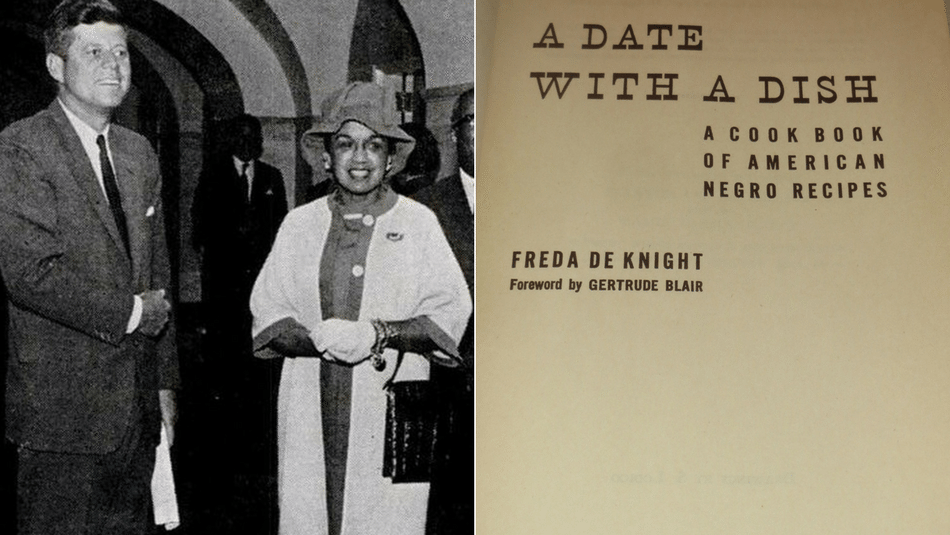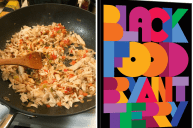Did you know that one of the defining cookbooks of Southern cuisine was written by a titan of African-American cooking, Freda DeKnight? Unfortunately, she never received the press she was due. As a cookbook author and the first food editor of Ebony magazine, DeKnight's recipes presented a vision of black America that was, for all intents and purposes, invisible to mainstream America.
Videos by Wide Open Country
Freda DeKnight was an exceptional woman, and this is just the iceberg of everything you should know.
Ebony's First Food Editor
As the editor of Ebony magazine, each month DeKnight wrote a monthly culinary column. However, she did something to make her contribution to the magazine noteworthy to the masses. She didn't so much write her recipes as demonstrate them step-by-step with photos.
Her breakthrough came in the February 1947 issue, when singer and actress Lena Horne was featured. The actress cooked what DeKnight described as "an exotic Oriental dish ... East Indian chicken."
However, instead of being presented in traditional recipe format, the photos of Horne making the dish were captioned to make it seem as if she were sharing the recipe herself. This innovative presentation where the photos' captions offered tips and tricks for the recipe changed recipes forever in mass publishing.
This formatting technique plus the mixed use of globally-influenced recipes and entertainment stars was a success. The approach was a stroke of genius which helped DeKnight present a more nuanced and glamorous image of African-American cooking and culture.
DeKnight Releases a Groundbreaking Cookbook
A year after this groundbreaking issue of Ebony, in 1948, DeKnight published her only cookbook. It was titled: A Date With A Dish: A Cookbook of American Negro Recipes. This book is considered the first major cookbook written by an African-American for and African-American audience.
Her book contained a wide variety of recipes. In particular, it focused on the melding of cultures and the influence of local ingredients. Essentially, it challenged the widely-held stereotype of African-American cuisine.
In her preface to the cookbook, she says that that was her intention.
"It is a fallacy, long disproved, that Negro cooks, chefs, caterers and homemakers can adapt themselves only to the standard Southern dishes, such as fried chicken, greens, corn pone and hot breads. Like other Americans living in various sections of the country they have naturally shown a desire to become versatile in the preparation of any dish, whether it is Spanish, Italian, French, Balinese or East Indian in origin."
Unsurprisingly, the book became a national best-seller.
For its subsequent additions in 1962, 1973 and 1978, the publishers rebranded the cookbook as The Ebony Cookbook. Spend some time flipping through the interesting recipes in this groundbreaking book here. Check out the in-depth NPR story of this culturally inspirational titan here.




